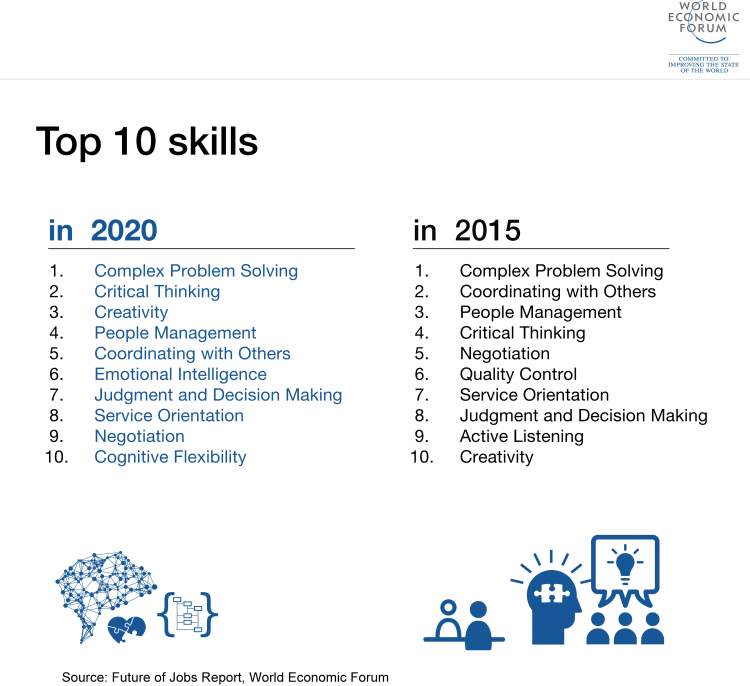What is the new role of the manager?
By Erik Korsvik Østergaard, 31. January 2016
What’s left for me as a manager in the Future of Work?
So, now we’re doing a transformation to a new culture and embracing Future Of Work. We’re empowering employees and involving them. We’re rolling out Agile and we have self-organizing teams. What’s left for me as a manager, or VP? What’s my role?
Good question. And one that I get a lot.
Your new role consists of these elements:
- Coaching and mentoring, using your emotional intelligence and experience
- Being strategic, thinking as an entrepreneur, working ON “your business”
- White space mastery, i.e. maneuvering the areas in your organization “where rules are vague, authority is fuzzy, budgets are nonexistent, and strategy is unclear”
- Building and nurturing your network, your so-called ecosystem of colleagues and connections.
It’s important that you co-create this role together with your managers, your peers, and your employees. You’ll be making a mistake, if you just apply this structure blindly to your organization without adjusting each piece of the puzzle. Ownership and commitment comes via involvement and influence.
Below we dive into each of the four elements.
Why this? What’s the reason?
Clearly, since we’re cracking the silos and establishing networked organizations, and since we’re pushing mandate out to the self-organizing teams, the need for redefining the “managerial spongy glue” is in focus.
If you simplify the leadership pipeline a bit, it’s about:
- Leading Business
- Leading Leaders
- Leading Others
You should start thinking as if you’re running a start-up in the organization, i.e. you should to some extend cover all elements of this simplified leadership pipeline: You should be the manager, leader, and entrepreneur of your “product area”.
Naturally, you do that hand-in-hand with your Product Owners. Do not step on their toes, but provide them strategic guidance, and leave the ownership of the products to the Product Owners(!)
1. Coach and mentor
The World Economic Forum posted the The Future of Jobs report January 2016, forecasting how the changes rapidly are approaching. This is a wake up-call. You should be observant on the Fourth Industrial Revolution and the disruptions it will lead to. It’s both scary – and filled with possibilities.
The report was accompanied with this list of Top 10 skills in 2020. Check numbers 4, 5 and 6 in 2020:
- People Management
- Coordinating with Others
- Emotional Intelligence
So … Your team is now allocated to the projects or service lines, and spending a significant amount of time there. That means, that their daily relations and their first-hand micro-feedback happens in the context of the project manager/Product Owner/SCRUM Master/Service Manager.
This also means, that your responsibility is to focus on the long-term well-being of the employee to ensure things like:
- Regular 360-feedback from the networked organization to the employee in your team
- Continuous development of skills of the employee, being professional skills, business understanding, facilitation of delivery, or interpersonal excellence
- Striving to match employees dreams and wishes with the requests for ability in the projects/services







